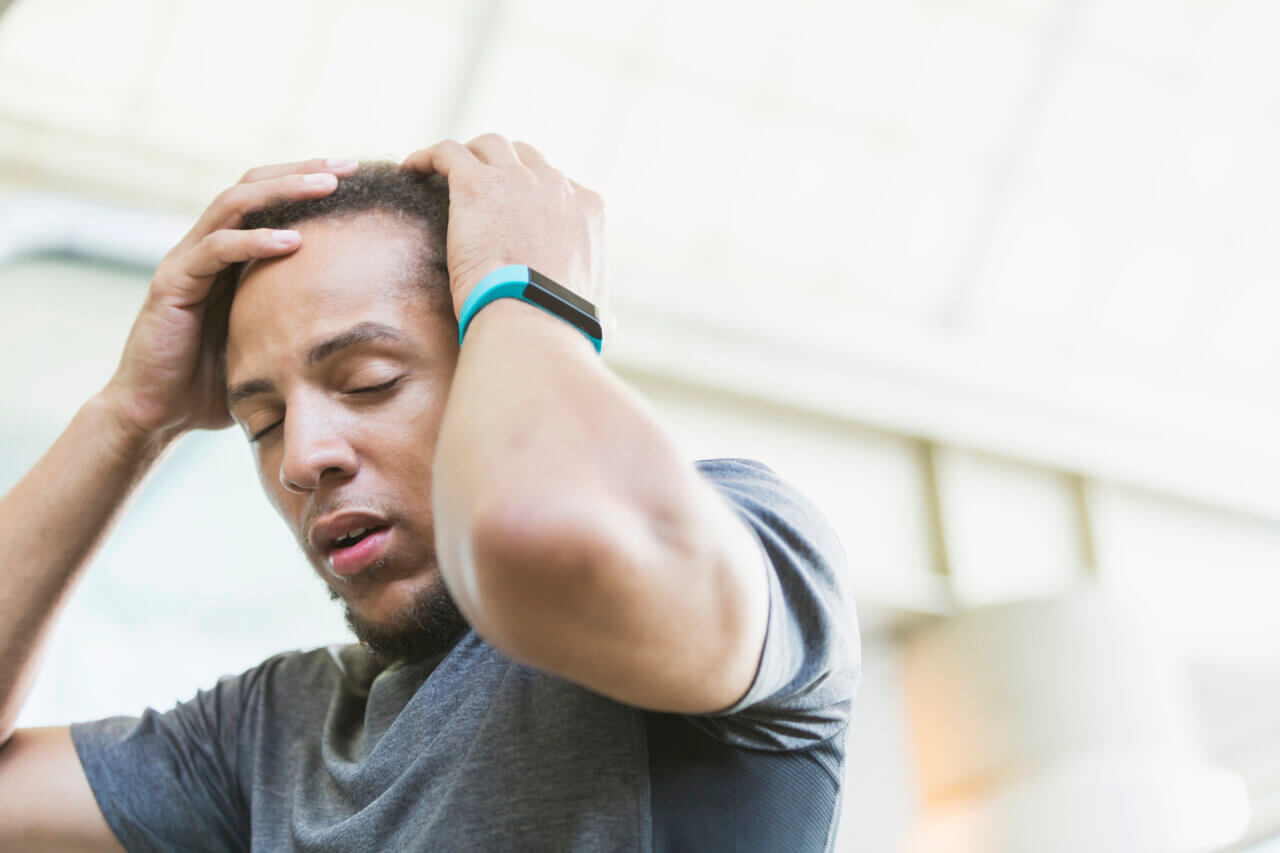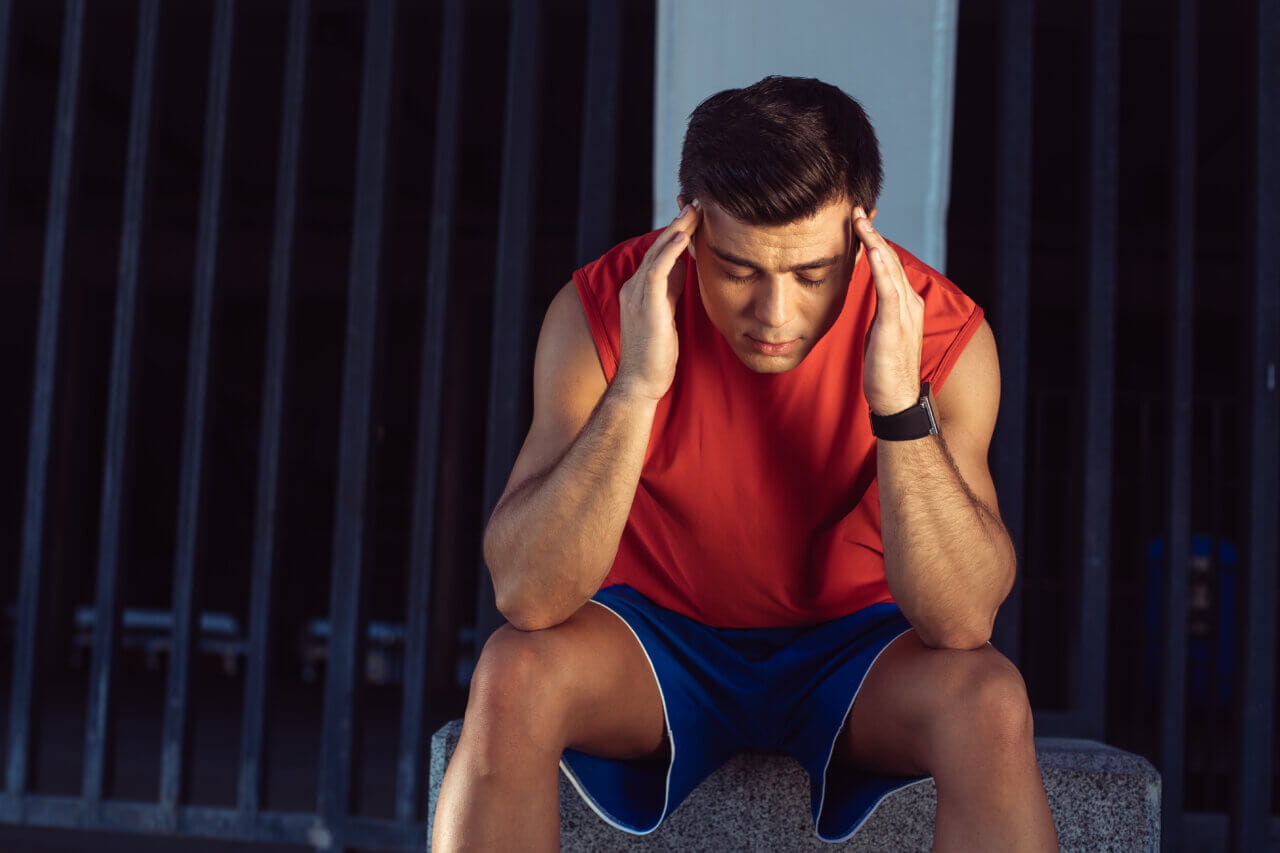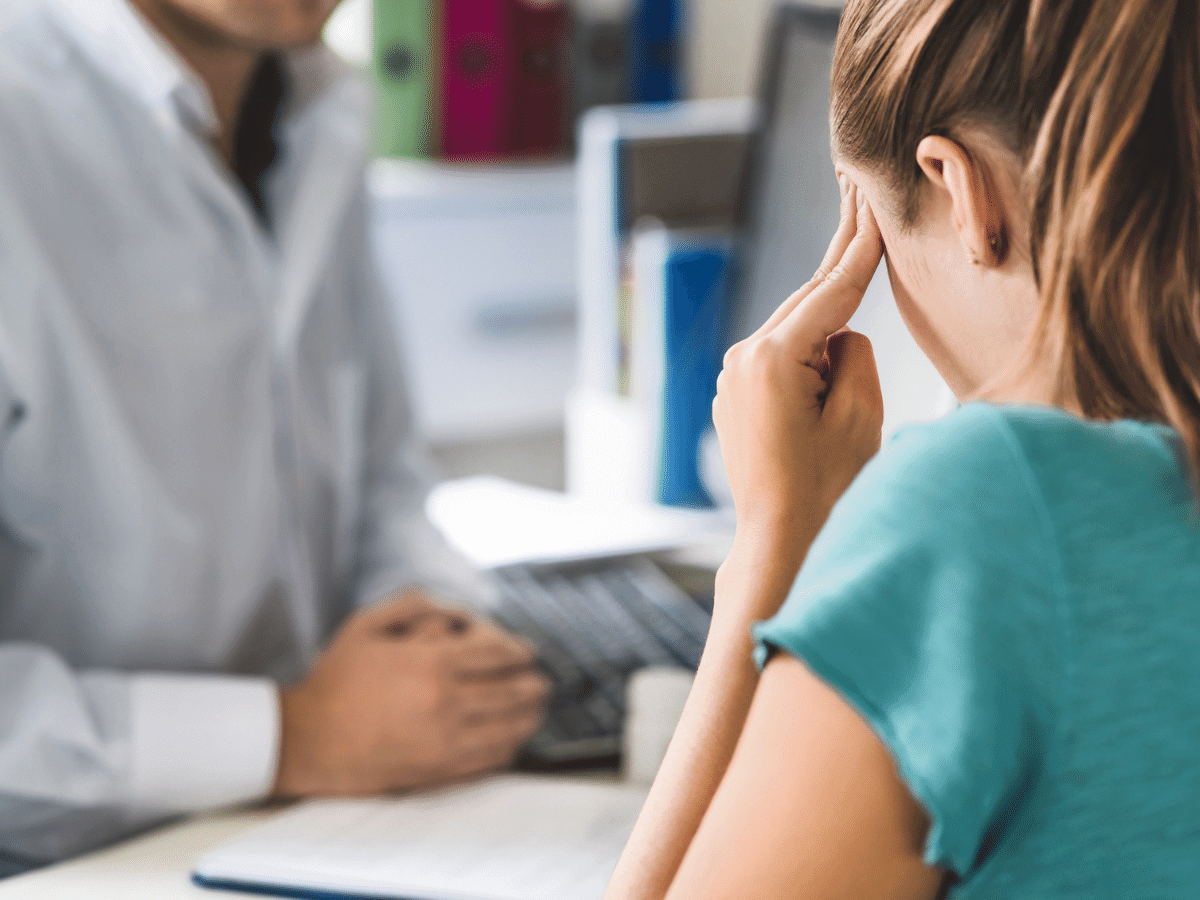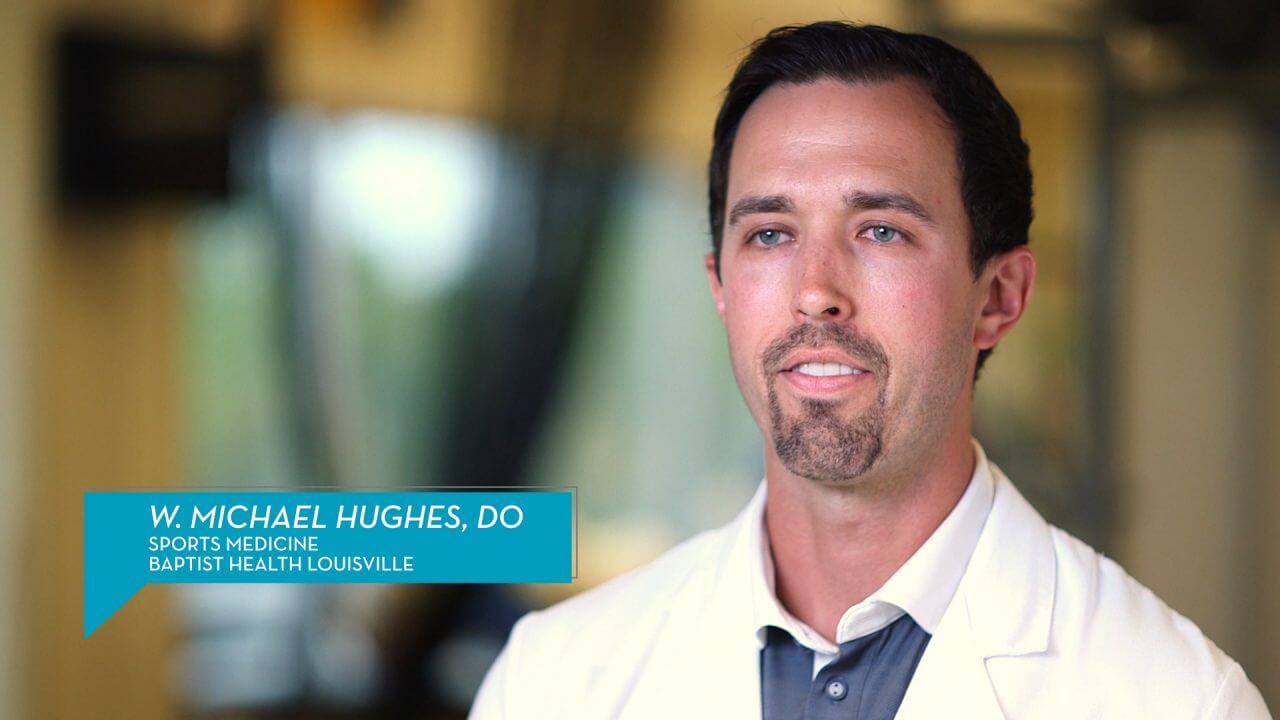How to Know if You Have a Concussion

A concussion is a traumatic brain injury that occurs when the brain is shaken within the skull. This can be caused by a blow to the head, a fall, a car accident, or any forceful impact. A person who suffers a severe concussion may lose consciousness, but that isn’t always the case.
Concussions are common in contact sports like football, soccer, and boxing, and while most cause only temporary effects, they make the brain more susceptible to future injuries. Consequently, it’s critical that concussions are correctly diagnosed and treated. It’s also important that the person has fully healed before returning to normal activities, particularly those where a head injury may occur.
Concussion Symptoms
If you or someone you’re with suffers a head injury, you should be alert for concussion symptoms. They include:
- Temporary loss of consciousness
- Headache or feeling of pressure in the head
- Amnesia
- Coordination or balance problems
- Blurred vision
- Nausea or vomiting
- Dizziness
- Slurred speech
- Sensitivity to light and sound
- Memory and concentration issues
- Confusion
- Dazed appearance
- Slowed response to questions
- Mood/behavioral changes, including depression
- Pupils that are dilated or of unequal size
- Fatigue
- Irritability or agitation
- Ringing in the ears
- Sleep problems
In rare instances, a concussion may cause seizures.
Keep in mind that there may be differences from person to person or incident to incident in how long after hitting your head concussion symptoms start. If any of the symptoms above are present after a head trauma, it’s essential to get prompt medical attention.
Your doctor will assess your condition based on information like where you hit your head, whether you lost consciousness, and how you felt after the incident, as well as your results on neurologic tests. Information from people who witnessed the injury may also help with the diagnosis.
In cases of severe head trauma, tests like a computer tomography (CT) scan, X-ray, or magnetic resonance imaging (MRI) may be performed to check for issues such as a skull fracture or spinal injury.
Concussion Treatment
There was a time when people with head injuries, particularly athletes, were told to “shake it off” and get back to what they were doing. That approach is very dangerous and can lead to further injury and brain damage.
Today, following a concussion, patients are advised to:
- Avoid physically demanding activities, tasks that require a high degree of concentration, and any activity that increases the risk of head trauma.
- Get plenty of rest, including adequate sleep at night and rest breaks or naps during the day.
- Talk with employers or teachers about temporarily reducing their workload during recovery.
- Limit the amount of time spent using electronic devices like computers, mobile phones, TVs, and video games.
Concussions typically resolve on their own, though some patients may experience dizziness and balance problems that linger after other symptoms have gone away. You should contact your doctor if you experience ongoing issues.
Concussions in Children
Concussions can occur at any age. Those in children can be more difficult to identify, primarily because kids may not be able to express how they feel and the symptoms they’re experiencing after a head trauma.
While there’s overlap in child and adult concussion symptoms, some, like crying, are typically exclusive to children. Kids may demonstrate these symptoms following a concussion:
- Excessive crying
- Vomiting
- Nausea or dizziness
- Headache
- Irritability or mood changes
- Change in sleep habits
- Sensitivity to noise or light
- Blurred vision
- Confusion or trouble concentrating
If your child experiences these symptoms, you should contact their doctor immediately. And regardless of whether the injury rises to the level of a concussion, you should ensure the child gets ample rest to allow their brain to recover from the trauma.
Preventing Concussions
There are many actions you can take to reduce the risk of concussions.
To prevent falls at home that can lead to concussions:
- Ensure your child’s play surfaces are soft and free of rocks, holes, and debris.
- Use handrails when walking up and down stairs.
- Have safety gates on stairs and safety guards on windows.
- Use grab bars in the bathroom.
- Place non-slip mats in the bathroom.
- Keep walkways clear to prevent tripping.
- Ensure rooms and hallways are well lit.
To prevent car accidents and associated head injuries:
- Don’t drink alcohol and drive.
- Don’t take medicines that may make you sleepy, especially when driving or using heavy equipment.
- Obey speed limits and other driving laws.
- Use seatbelts and child safety seats.
To prevent concussions in sports and recreational activities:
- Wear appropriate protective gear and ensure that your child does, too. Confirm that the equipment fits properly, is well maintained, and is worn correctly.
- Wear a helmet when riding a bike, skateboard, or motorcycle or when playing contact sports.
- Wear mouthguards, face shields, pads, and other safety gear while playing contact sports.
If you suspect that you or someone else has a concussion, see a doctor. Call 911 if the symptoms are severe. It’s especially important to be aware of concussion symptoms in high-risk sports. Football has the highest concussion risk for males (75% chance for concussion), while soccer poses the highest concussion risk for females (50% chance).
Get Checked for a Concussion at Baptist Health
Knowing the concussion symptoms to look for following a head trauma is helpful. But if you suspect a concussion in yourself or your child, you should seek medical attention. A doctor can diagnose your condition and tell you what to do if you have a concussion.
The doctor you see initially may also refer you to a specialist called a neurologist if your case calls for further testing and assessment.
Next Steps and Useful Resources
How Do Doctors Test for Concussions?
Brain Contusion vs. Concussion
Head off concussions



